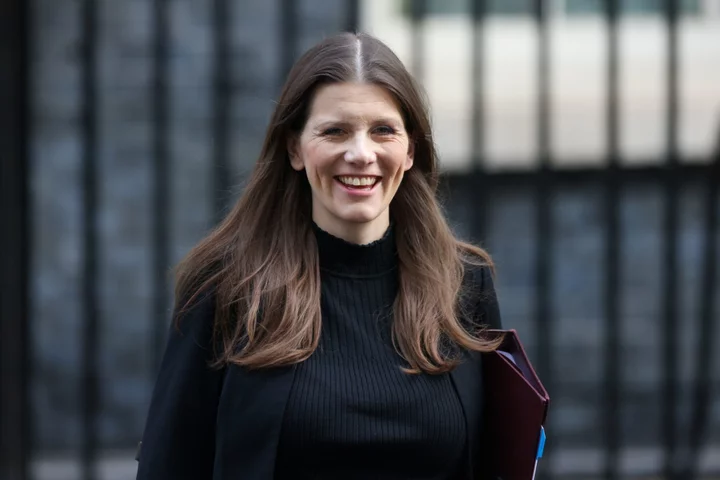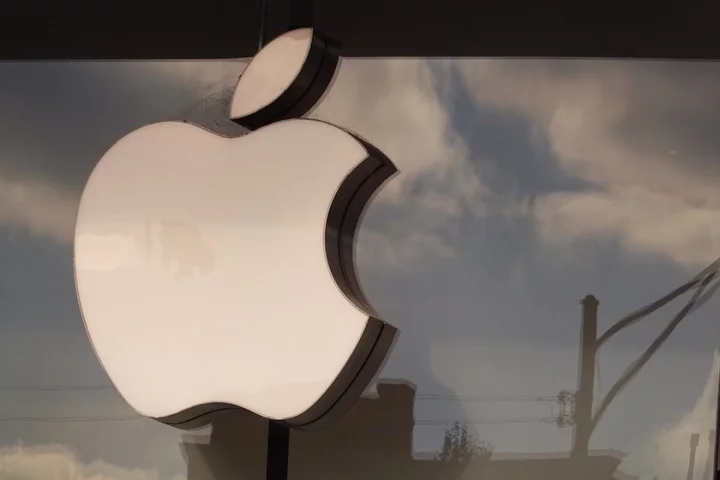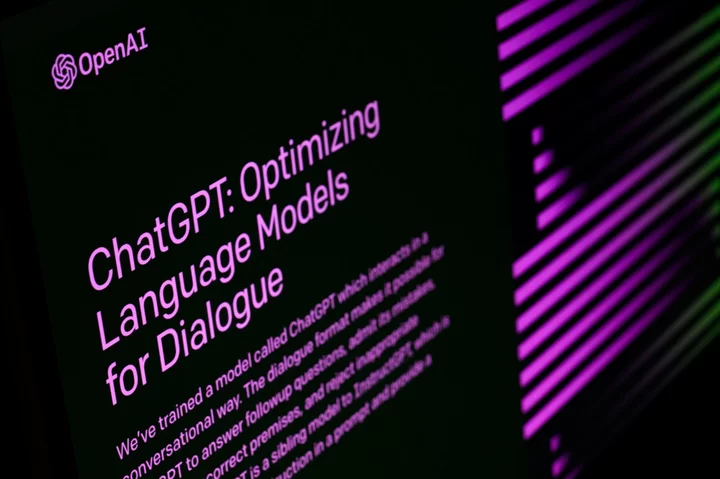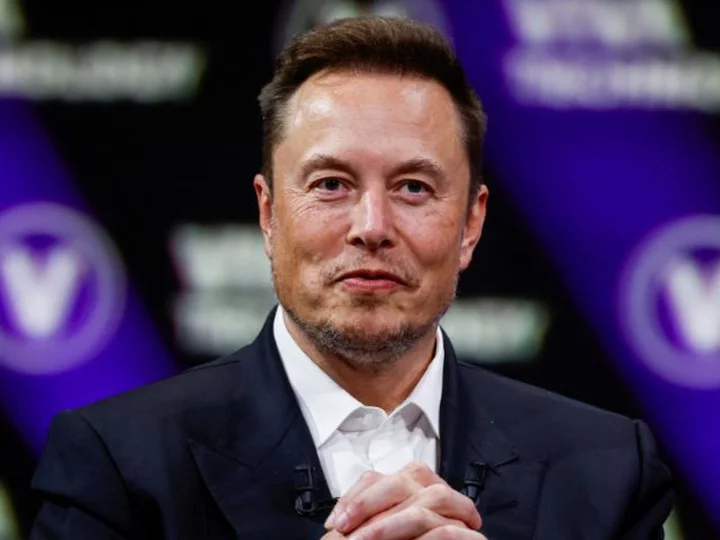Artificial intelligence can rescue the global economy from ten years of low growth, former UK Prime Minister Gordon Brown said.
“We’re heading for a low-growth decade if we don’t have the productivity surge that AI can give us,” Brown, who led the UK between 2007 and 2010 said in a Bloomberg TV interview on Monday. “It can transform a whole range of industries. You will never see the accountancy or legal or even medical professions or teaching profession be the same again.”
The former Labour Party premier spoke as the UK gears up to host a global summit on AI in November, br
inging together key countries and companies to discuss how to maximize the benefits of the rapidly-advancing technology while regulating to curb the risks it poses, such as the spread of false information and interference in elections. Britain will seek agreement on a common approach at the conference, Technology Secretary Michelle Donelan told reporters on Monday.
“What we will see coming out of the summit is definitely some agreement across nations, and some agreement working with companies as well, in terms of their approach,” Donelan said at Bletchley Park, the World War II code-breaking venue where the summit will be held. “We need almost like a smoke alarm established, so that not only are companies searching for the risks, but they have a response to the risk.”
Brown spoke alongside Allianz SE’s chief economic adviser, Mohamed El-Erian — a Bloomberg Opinion columnist — and economist Michael Spence, his co-authors for their book Permacrisis: A Plan to Fix a Fractured World. In it, they call for more global coordination to tackle crises facing the climate, health and financial stability.
“None of these things can be resolved without globally coordinated action,” Brown said, warning against protectionism and isolationism.
The three men said global institutions, like the International Monetary Fund, the World Bank and World Trade Organization, need to reform to learn how to prevent crises as well as resolve them.
“There is no silver bullet,” El-Erian said. “This is not a big bang — you do something tomorrow and then everything is fine. This is building a foundation that turns vicious cycles into a virtuous ones.”
Still, people have to vote for such a vision. Brown said he believed there’s a movement against the “negative sport” that politics can bring, and instead a desire for hope.
Addressing current Conservative Prime Minister Rishi Sunak’s decision last week to row back on a number of green policies, Brown warned that climate change is being used as a political football.
“It’s all for electoral reasons,” he said. “All these long-term decisions are becoming the victim of, if you like, immediate political campaigning, and that’s the big mistake we’re meeting. These are long-term issues that have got to be resolved.”
--With assistance from Thomas Seal.









